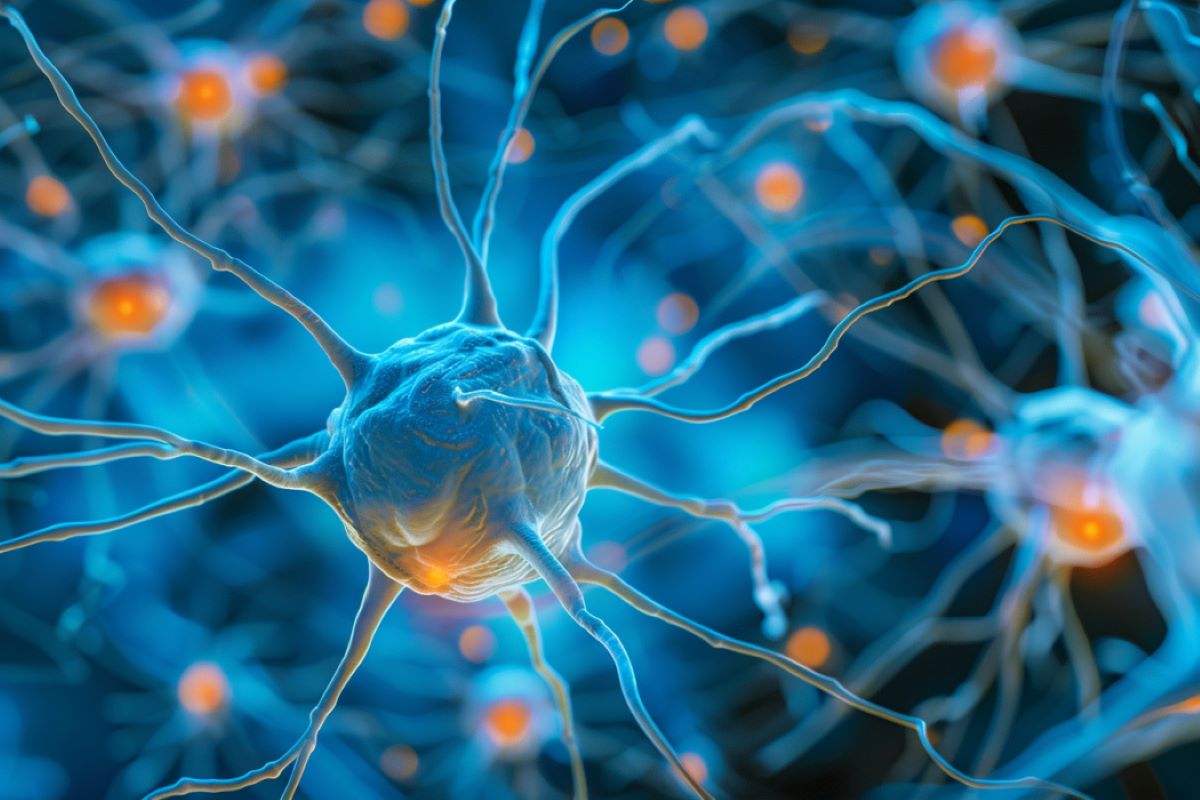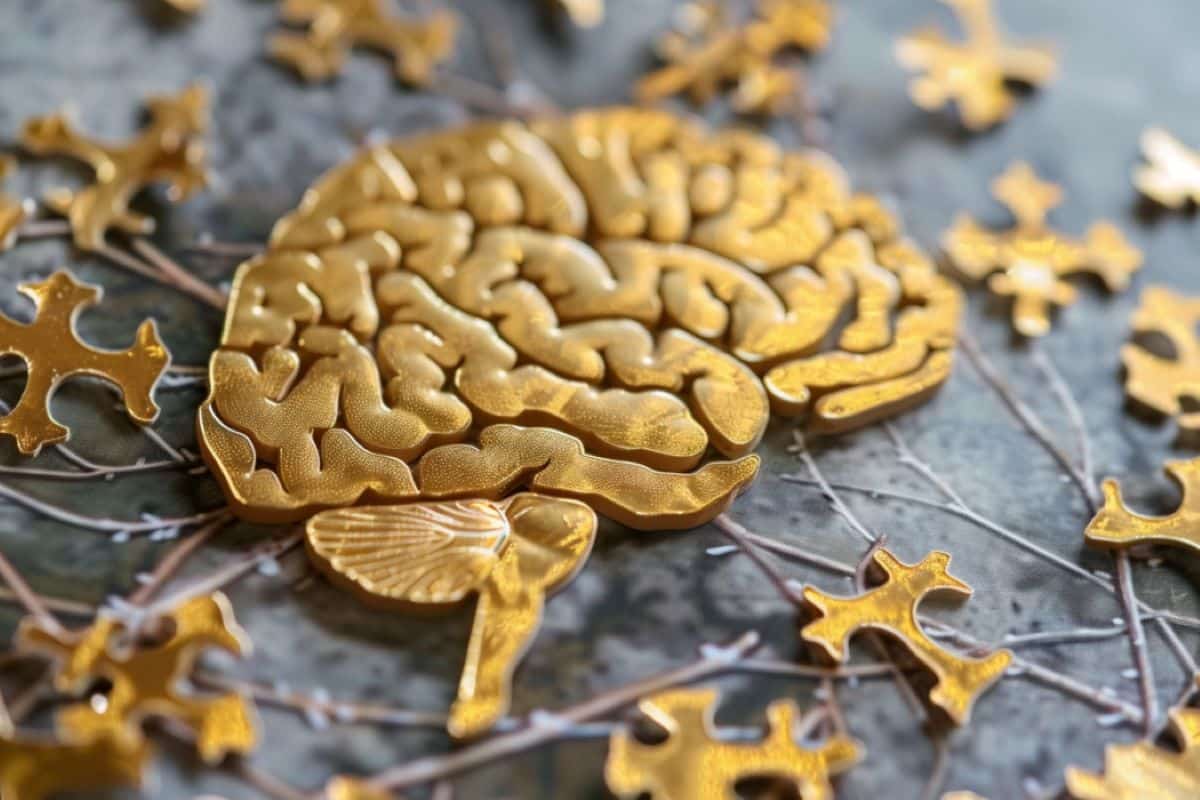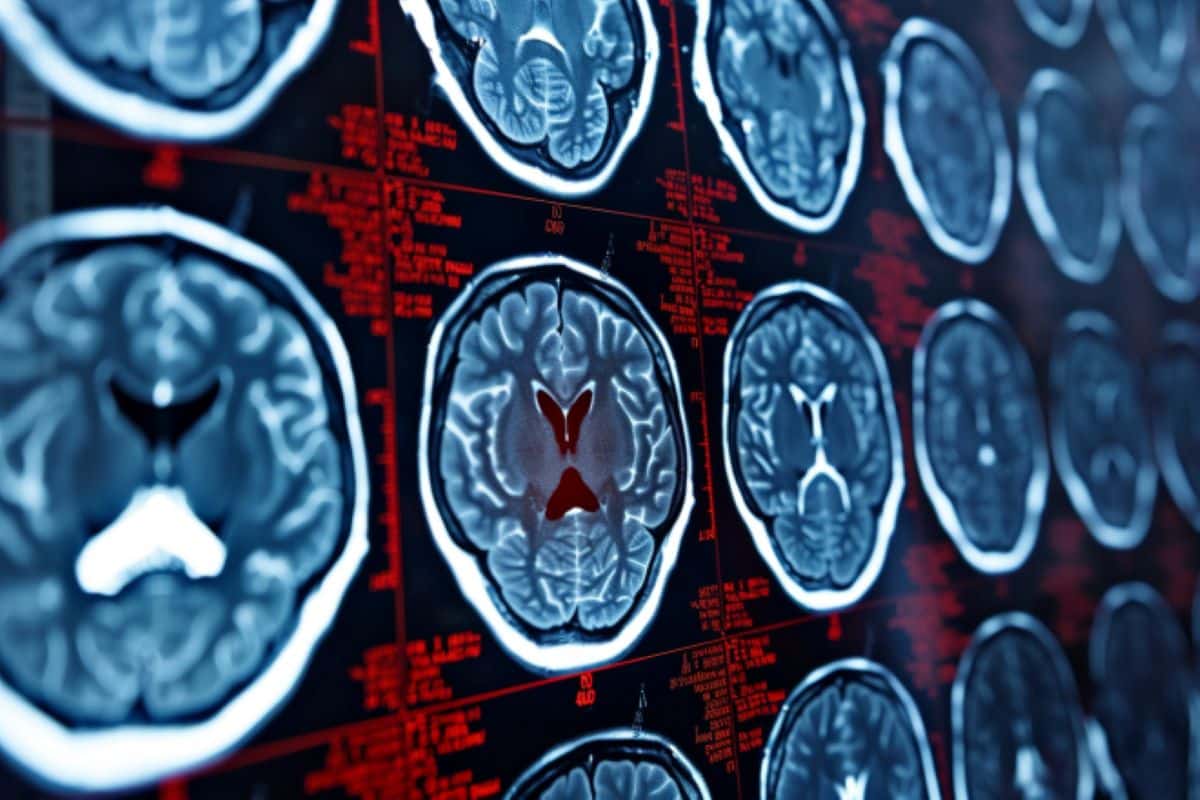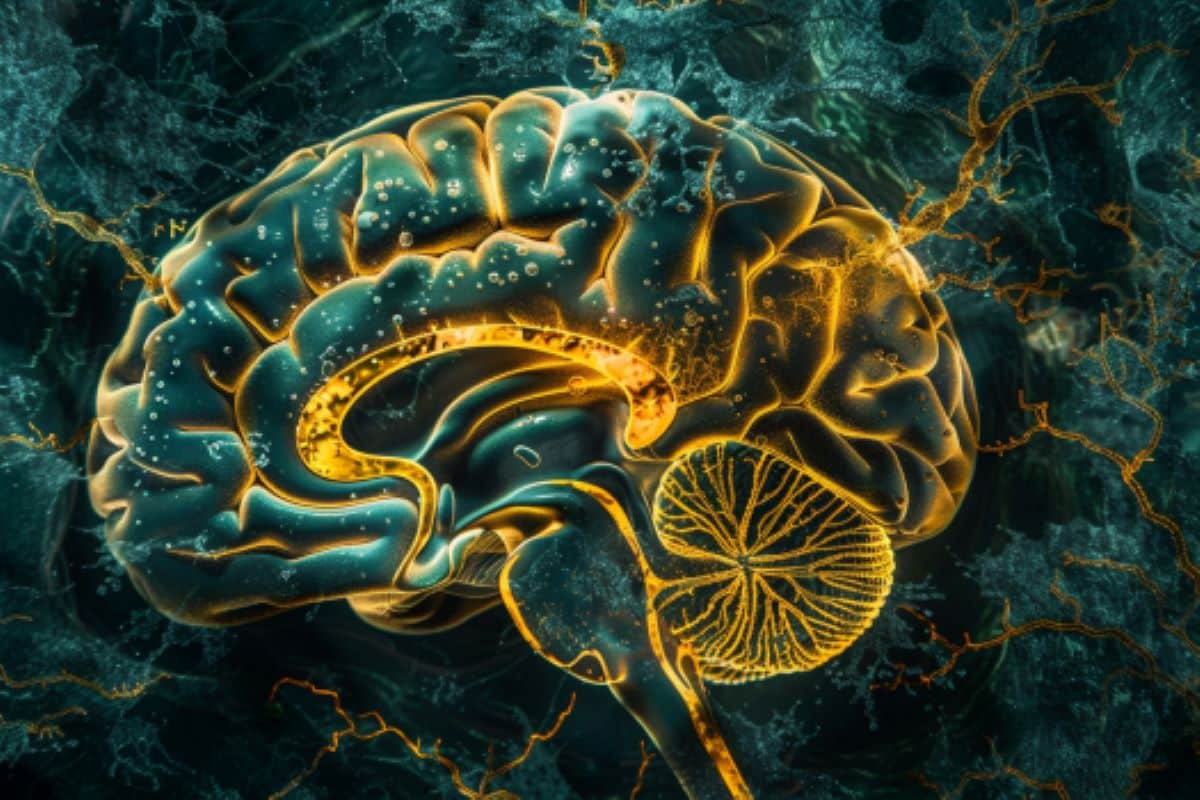


Summary: Researchers identified four subtypes of ALS, which could lead to more effective, personalized treatments. The study also highlights significant molecular differences between men and women...



Summary: Researchers reversed Alzheimer’s symptoms in mice using a synthetic peptide, PHDP5, that targets brain function. The study shows that PHDP5 can cross the blood-brain barrier...



Summary: Lifetime LSD use is linked to higher severe psychological distress after job loss, a new study reveals. Analyzing data from 15,854 adults, researchers found those...



Summary: Researchers developed an AI model that can identify the emotional states of tennis players with high accuracy by analyzing their body language during matches. The...



Summary: A new study reveals a link between gut bacteria and Parkinson’s disease (PD). Researchers found a decrease in genes responsible for synthesizing essential B vitamins...



Summary: A new study reveals that brain topological resilience (BTR) negatively correlates with age and vascular risk factors while positively correlating with cognitive function. Researchers analyzed...



Summary: Intense exercise can reduce subsequent physical activity and body temperature, potentially leading to weight gain. The research, conducted on mice, suggests this effect is due...



Summary: Socially connected older adults in England experienced a sharper decline in quality of life and increased loneliness during the pandemic compared to their isolated peers....



Summary: Increased levels of bioactive lipids in the brain are linked to mental disorders by disrupting excitatory transmission between brain cells. Researchers found that using an...



Summary: Brain overgrowth in utero may explain the varying severity of autism in children. Researchers used brain organoids from toddlers to show that larger brain growth...



Summary: Long COVID, affecting 7% of U.S. adults, often includes debilitating brain fog. Symptoms like forgetfulness and difficulty focusing affect daily life and work. A new...
Summary: Eye-tracking biomarkers can improve autism diagnosis in children. Combining eye-tracking with primary care evaluations increased diagnostic accuracy to 91% sensitivity and 87% specificity. This approach...